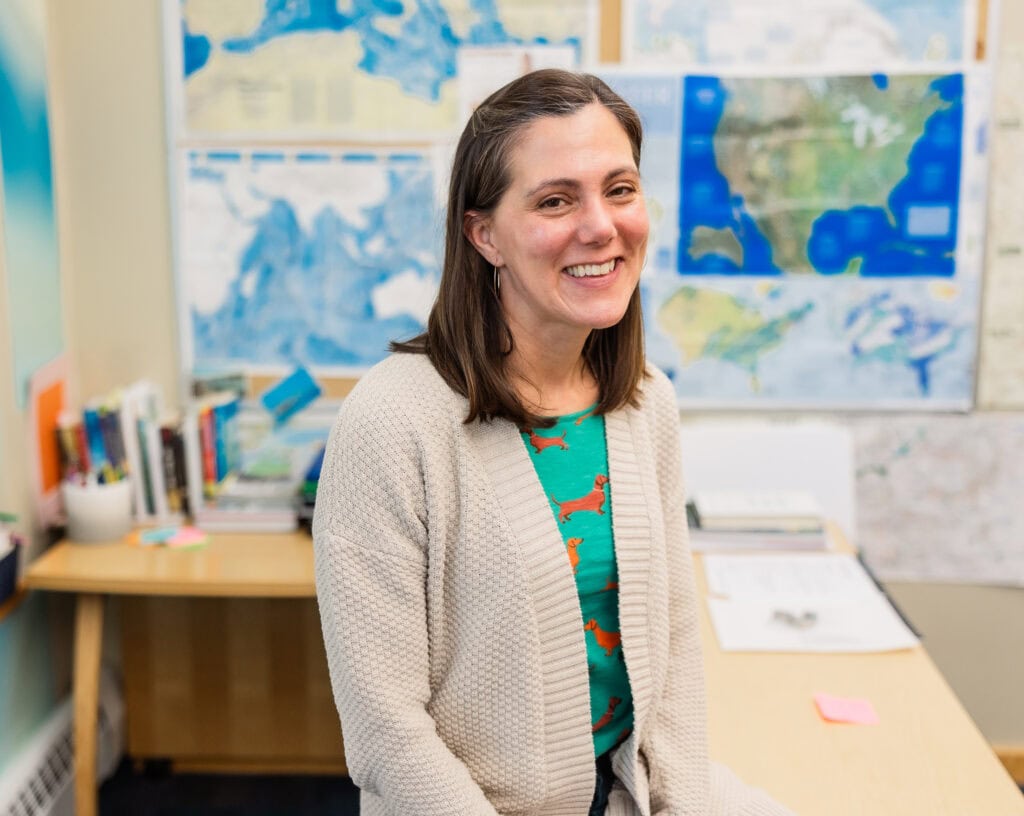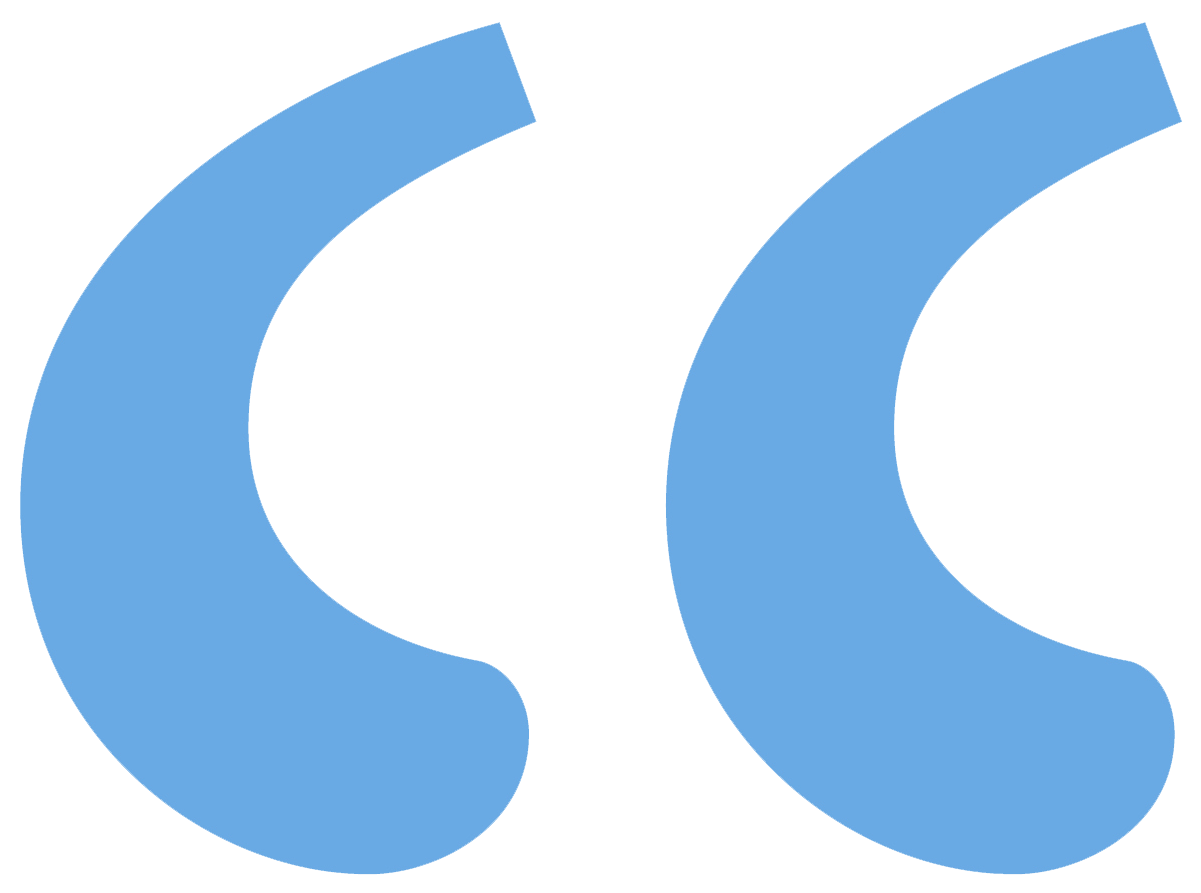Kelly Anstead

Kelly Anstead
Middle School history teacher
Davidson College, B.A.
Texas A & M University, MEd
“History is not a fixed event that occurred in the past, but rather an evolving thing based on the different questions we ask,” said Middle School history teacher Kelly Anstead. For Anstead, she poses BIG questions for her students to consider: How is power gained, used, and justified? How do we tell stories? Who is telling the story? What does it mean to be an engaged American citizen? These questions line her bulletin board, challenging the students to think deeply about the world around them and their role in it.
“There is much more nuance in how we teach history,” Anstead said. “The questions we ask are very broad, and so by the end of the year, the students should be able to answer those questions with multiple examples from history over time. These questions give students time to reflect and connect the material they are learning to themselves and the bigger world. And the answer is not stagnant, and we don’t always have the answers. These are questions that they should continue to ask themselves.”
Anstead loves handing over the reins to the students so they can dive deep into the material, particularly the seventh-grade class on Reconstruction. Their culminating project, the Civil War Museum, allowed them to pull together different aspects of the time period, from politics to journalism and novels, and also involved a trip to the Harriet Beecher Stowe Museum, where the students interviewed the curator about gathering resources, documentation, and primary sources to create a story.
To develop an engaged citizenry, Anstead’s students read the Constitution, learned about the legislative process, and wrote to their legislators about an issue. The students spoke with Senator Chris Murphy’s legislative assistant, who also joined the call. “It’s important to make history and government relevant and have the students realize they can make an impact and have a voice,” Anstead said. “They have responsibilities and rights in a democratic society. That’s very empowering to hear as a young person.”
When her class is buzzy, Anstead knows she has done something right. She loves listening to the students engaging in meaningful conversations in small groups, respectfully grappling with thorny issues. “I love when those conversations fall into place, and they don’t need me at that moment,” she said. “They are pulling out the big ideas on their own, and they leave asking a question, or better yet, asking themselves, ‘Why is it the way it is?’
In addition to developing strong communication skills, Anstead hopes her students will cultivate critical thinking skills and the ability to ask good questions. “It’s important to any engaged community that you ask questions of your leaders and know how to ask the right questions,” she said.
Ultimately, Anstead wants the students to understand that history does matter. It resides in the present and shapes our daily lives.
Favorite food: Bread
Favorite hobbies: baking, hiking, swimming, aspiring horticulturist
Favorite music: Folk singers

"“They are pulling out the big ideas on their own, and they leave asking a question, or better yet, asking themselves, ‘Why is it the way it is?’"

